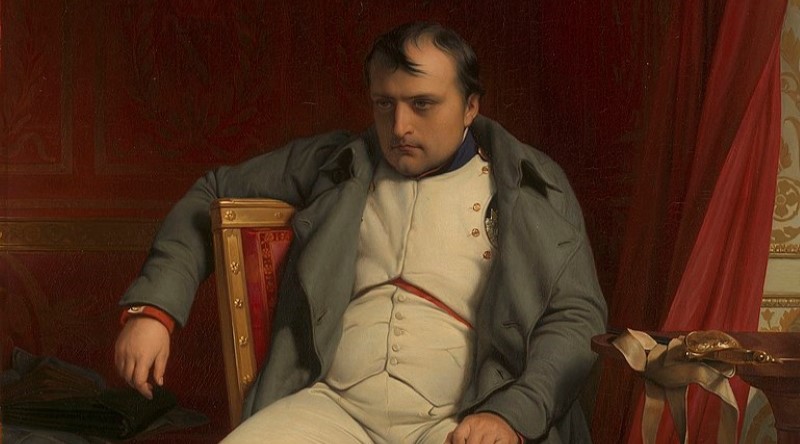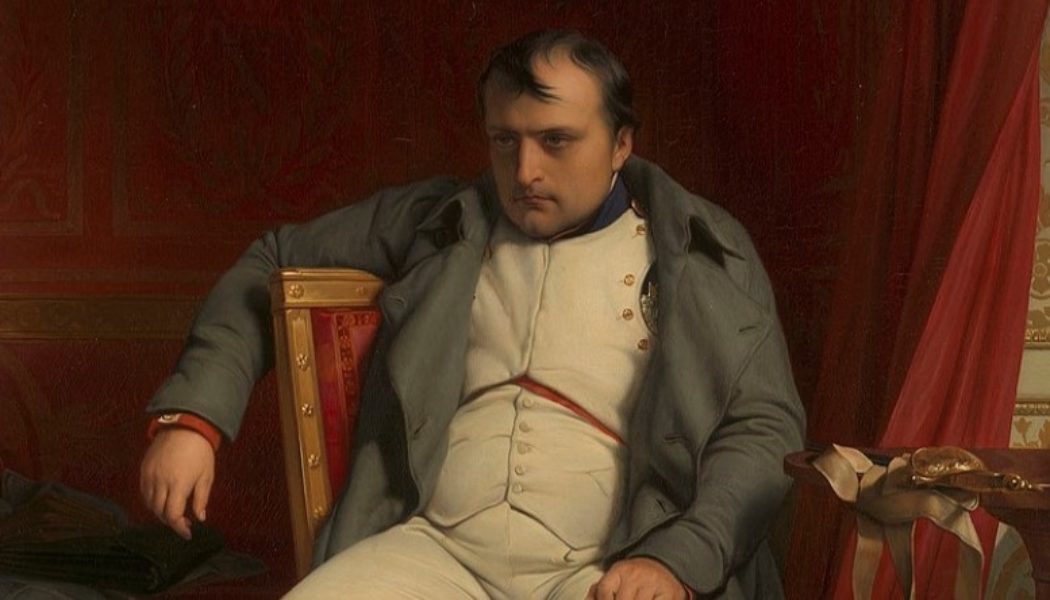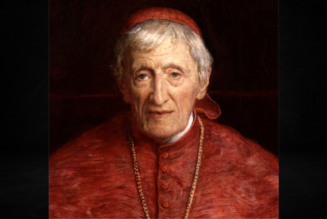
Self-Pity is a wonderful companion. She understands you. She comforts you. She fixes you a stiff drink and reassures you that you’ve been wronged. After all, you have been wronged, haven’t you? She knows the real story. To her, you are perfect.
When we pity ourselves, we think we are responding rightly to an injustice. We become sad and dwell on that sadness, a kind of emotional signal that matches our judgment that we’ve been “dealt a bad hand.” But, if it is so noble that we feel the correct response to injustice, then why does self-pity leave us unsatisfied? That lady, Self-Pity, isn’t there to give you an aspirin when the drink leaves you sick.
St. Thomas reminds us that that “self” we append to our term is our first mistake, distorting the whole line of reasoning: “Since pity is sympathy for another’s distress, it is directed, properly speaking, towards another, and not to oneself” (ST II-II q. 30, a. 1, ad 2). We envy when we feel sorrow at the good we see in another. This is a vice. On the flipside, we pity when we feel sorrow for the evil (or lack of good) we see in our neighbor. This is a virtue.
And yet, is it so wrong to pity ourselves for the absence of good we observe in our own lives, whether it’s being fired from a job, facing the derision of a close friend, or other painful experiences? These are all legitimate things to lament. In reality, however, how often do we stop at this? We cast off Lady Lament, pious and prudent as she is, and seek out Self-Pity. She echoes back to us our estimation—usually our overestimation—of what we deserve from bosses, from friends, from God. And she is not without her brood of stepchildren: Hatred, Resentment, Indignation. Before we know it, we have taken into the home of our hearts a whole family of vices that pull us down into a spiral of cold, violent bitterness.
Instead of self-pitying, let us be sorrowful and contrite. In sorrowful contrition—wherein we may still lament to our heart’s content—we express our sadness for the evil in the world, both done to us and done by us, without losing sight of our fallenness. Christ came to redeem us, sorrowful and fallen, and, like us, he felt immense sorrow; the Gospel’s shortest verse recounts the Lord’s response to the sad news of Lazarus’ death: “And Jesus wept” (John 11:35). When his own hour came, the Son of God did not lay the blame on us or pity his own Passion. He did not wallow in self-absorbed gloom. He instead removed our guilt and gave himself up to death freely. He was sorrowful, even despite his innocence.
Girolamo Savonarola, whose memory is holy to the brothers and sisters of the Dominican Order, was burned at the stake on this day in 1498. In imitation of the Master, this holy Dominican wept, too. Near his death, he penned a sorrowful meditation on Psalm 51. Perhaps this excerpt from it can be a model for our prayer, teaching us not to turn in on ourselves in self-pity, but to rely on the Lord in a spirit of contrition and hope:
An unhappy man am I, bereft of all help, for I have sinned against heaven and earth. Whither to go I know not, nor which way to turn. To whom shall I fly? Who will take pity upon me? I dare not lift up my eyes to heaven, for I have sinned grievously in the sight of God; I find no refuge on earth, because I have given scandal to men. What then shall I do? Shall I despair? Far be it from me! God is merciful; my Savior is gracious. God alone, therefore, is my refuge, He will not despise His own handiwork, nor cast away what is made in His own image. To Thee, then, most gracious God, do I turn in my grief and sorrow; for Thou alone art my hope, Thou alone art my refuge. (Savonarola, Infelix Ego trans. Wilberforce)
✠
Image: Paul Delaroche, Napoleon at Fontainebleau, 31 March 1814









